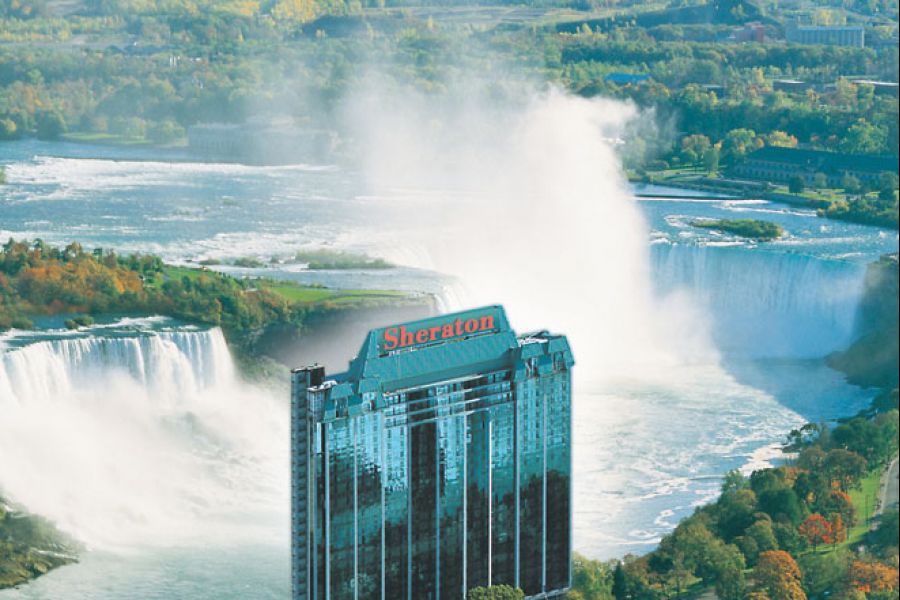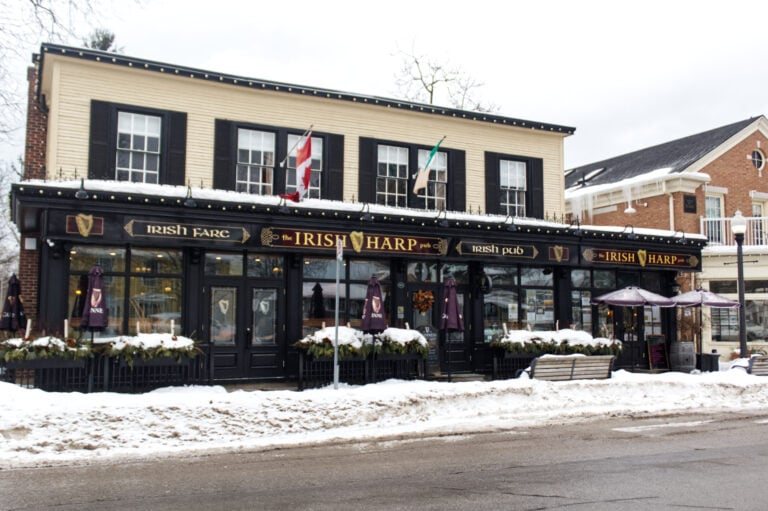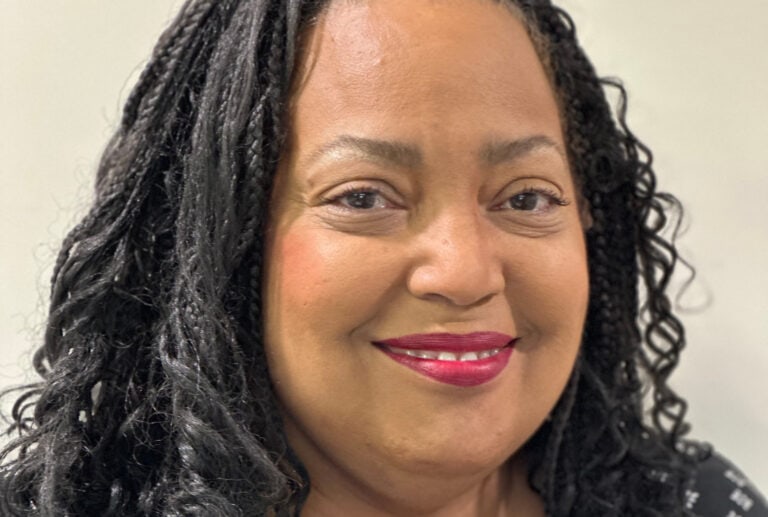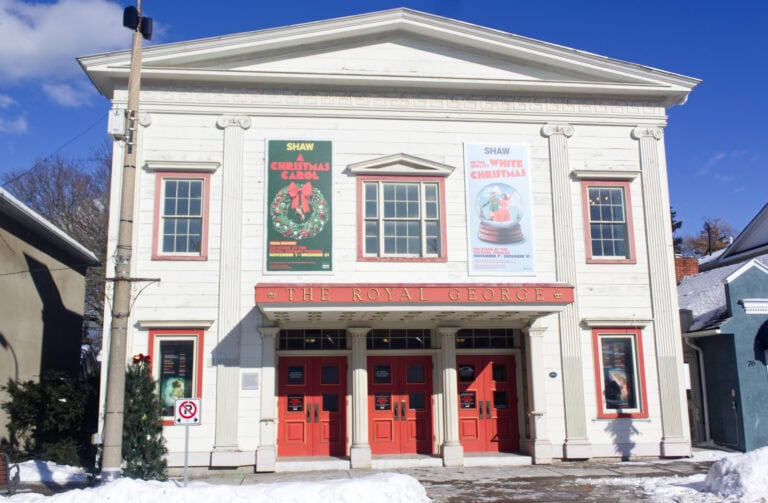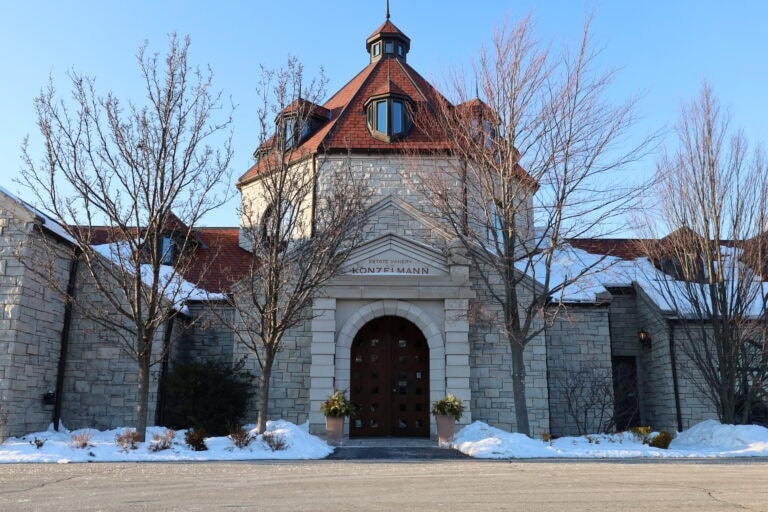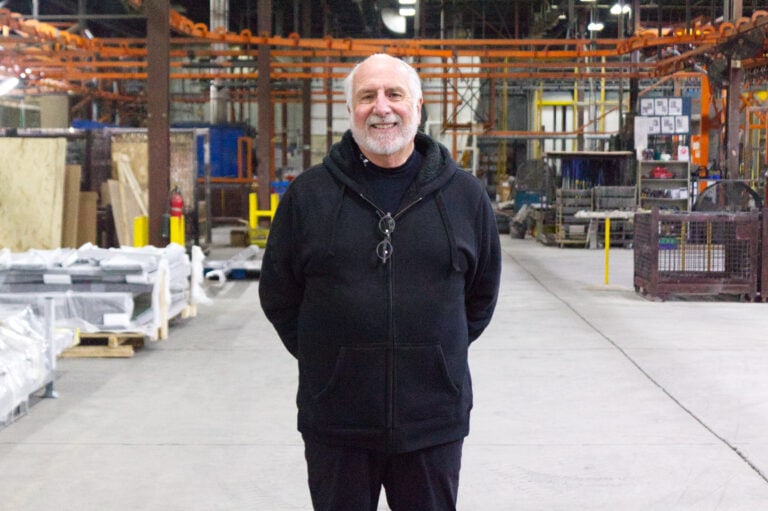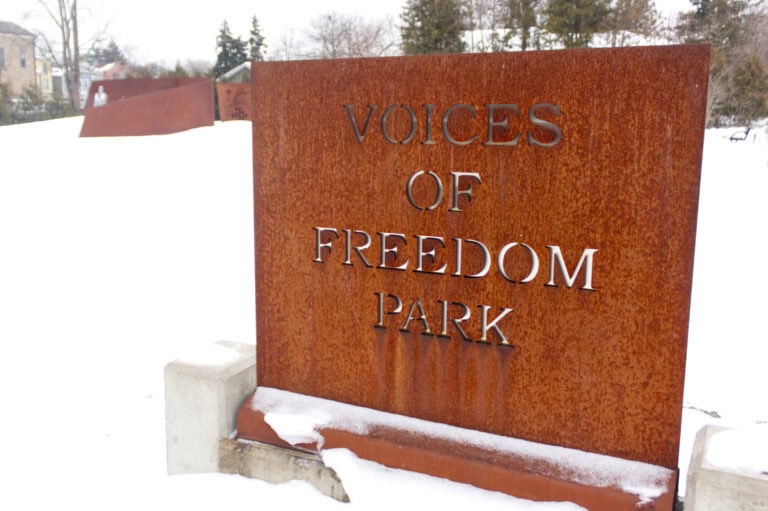The city of Niagara Falls is supportive of replacing its destination marketing fee, often called a tourist tax, with a new hotel tax.
The plan, discussed at council Tuesday, would be to replace the existing tax with a four per cent hotel tax on all short-term rentals in the city, including bed and breakfasts and rooms rented through companies like Airbnb and VRBO.
The tax would apply to room fees only.
A report by city staff says there are currently 132 hotel/motels in Niagara Falls with approximately 13,500 hotel rooms. It estimates the four per cent tax could generate in the neighbourhood of $15 million annually.
The revenue would be split equally between the city and Niagara Falls Tourism.
The city said it would be putting its portion back into the tourism industry to help fund events like the Winter Festival of Lights, fireworks displays, the New Year’s Eve show and others like Kelly and Ryan, which normally comes out of the city’s capital budget.
Niagara Falls tourism would use a portion to fund the Scotiabank Convention Centre as opposed to B.I.A. funding, as well as taking on the role of promoting Niagara Falls as a tourist destination.
The report said the revenue would also “ideally” eliminate tax-supported initiatives from property taxes.
“It should be noted that once the tax is implemented (April, 2018), the Tourism sector can no longer charge a DMF tax,” the report said.
It said hotels will still be able to charge fees in their rates such as resort and facility fees, but there could be no tax on those charges.
On Tuesday, city council expressed their support for the hotel room tax but decided to wait for input from the tourism industry.
“One of the biggest complaints that I’ve heard in the general public is residents of the city of Niagara Falls should have been exempt from the destination marketing tax,” said Coun. Wayne Campbell.
“I know in the past if you went into the the tourist area and you had dinner or drinks you got charged the destination marketing tax.”
Campbell clarified by asking city chief administrative officer Ken Todd if the hotel tax meant there would be no more tourist taxes at restaurants or corner stores, to which the answer was yes — a DMF would no longer be able to be collected.
Campbell said that would “clear up some of the biggest complaints” he’s heard from citizens of the city.
This all stems from a bill (127) passed by the Ontario government in April, which allows municipalities to implement a transient accommodation tax. The legislation came into effect Friday (Dec 1).
The rate of four per cent is proposed following examples of other cities including Toronto and Mississauga.
Here is the full council discussion from the city's YouTube channel:



